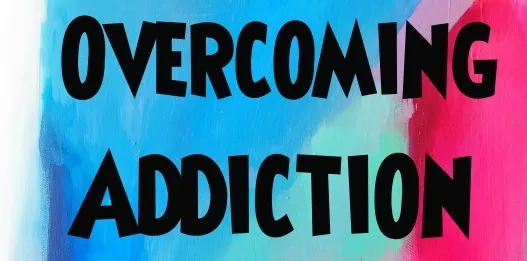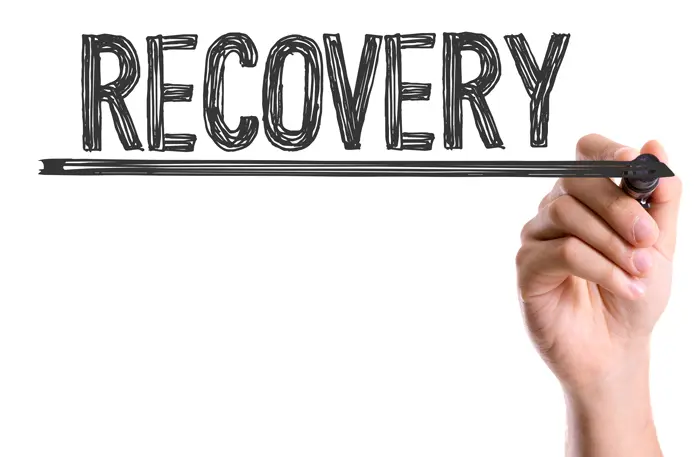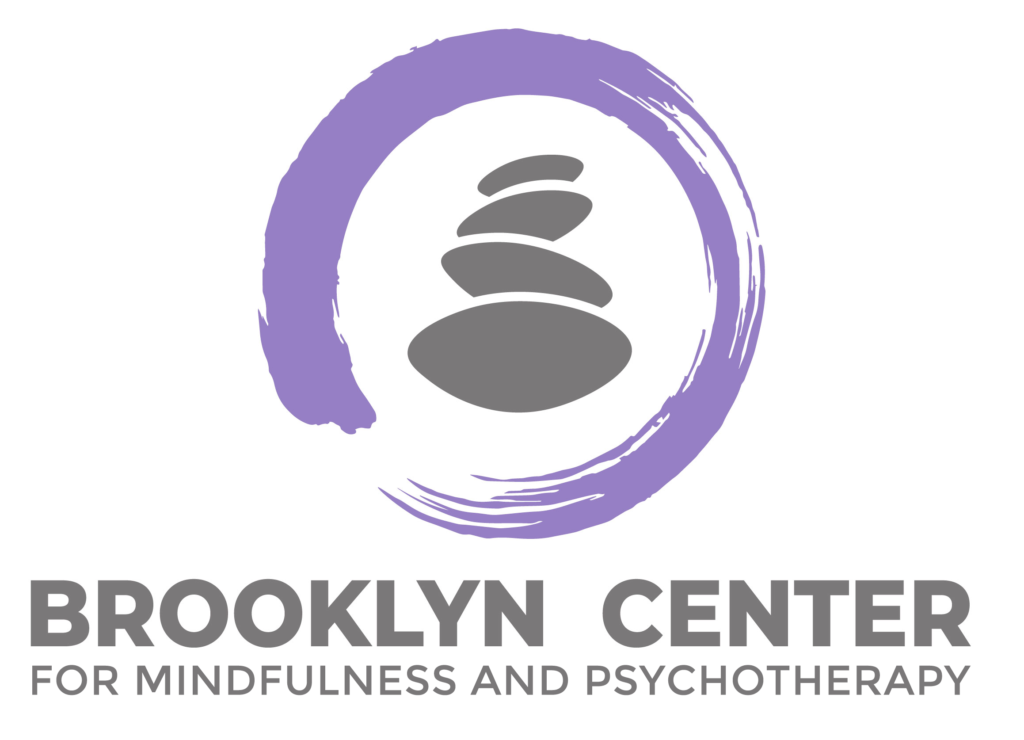Welcome to our blog, where we explore the journey of breaking free from addiction with the help of professional support in the vibrant city of New York. Addiction can be an incredibly challenging and isolating experience, but in this bustling metropolis, numerous resources and experts are dedicated to assisting individuals in their recovery. This series will delve into the various treatment options, support networks, and success stories that illustrate the power of seeking professional help to overcome addiction and reclaim a life of health, happiness, and fulfillment.
What is Addiction?
Addiction, a complex and pervasive issue, continues to affect countless lives in the bustling city of New York. Defined as a chronic disease characterized by compulsive engagement in a behavior or substance use despite adverse consequences, addiction profoundly impacts individuals, families, and communities. Whether it involves drugs, alcohol, gambling, or technology, addiction can disrupt every aspect of a person’s life, leading to severe physical, psychological, and social consequences. The fast-paced nature of New York City, with its abundance of stimuli and opportunities, can both exacerbate and provide a fertile ground for addiction to thrive.
Often misunderstood as a mere lack of willpower or moral failing, addiction is now recognized as a complex interplay of genetic, environmental, and psychological factors. In New York, various risk factors, such as high-stress levels, easy access to substances, and a culture that celebrates excess, contribute to the prevalence of addiction. The city, however, is also home to a vast array of resources and support systems to address this issue. From counseling services and rehabilitation centers to support groups and community initiatives, there is a growing awareness and commitment to combating addiction and helping individuals reclaim their lives in the city that never sleeps.
Identifying the Signs of Addiction
Identifying the signs of addiction in New York or anywhere else can be crucial in helping individuals receive the support and treatment they need. Here are some common symptoms of addiction to look out for:
- Behavioral changes: The person may exhibit significant changes in behavior, such as increased secrecy, lying, and avoiding social or family gatherings. They may also need help fulfilling work, school, or home responsibilities.
- Physical changes: Addictive substances can cause material changes in individuals. Look for signs like bloodshot eyes, unexplained weight loss or gain, deterioration of personal grooming habits, and frequent illnesses or infections.
- Financial issues: People struggling with addiction often face financial problems. They may frequently borrow money from friends and family, experience sudden financial difficulties, or have unexplained expenses.
- Mood swings: Individuals with addiction may display frequent mood swings, irritability, agitation, and increased sensitivity to criticism. They may also experience depression, anxiety, or extreme euphoria.
- Loss of interest: A person with addiction may lose interest in activities they once enjoyed. Hobbies, sports, and socializing may take a backseat as their focus centers primarily on obtaining and using the substance.
- Withdrawal symptoms: Depending on the substance, experiencing withdrawal symptoms when attempting to quit or reduce substance use can indicate addiction. These symptoms include sweating, nausea, tremors, insomnia, anxiety, and restlessness.
- Social isolation: Individuals with addiction may withdraw from friends and family, isolating themselves to avoid judgment or to continue their substance use without interference.
- Neglected responsibilities: Addiction often leads to ignoring essential duties, such as work, school, or familial obligations. Frequent absenteeism, poor performance, or strained relationships may be evident.
- Increased tolerance: Over time, a person may develop a tolerance to the substance, requiring higher amounts to achieve the desired effect. Look for signs of increased substance consumption or the use of multiple meanings simultaneously.
- Failed attempts to quit: Despite expressing a desire to quit or cut back, individuals struggling with addiction may repeatedly fail in their attempts to do so. This cycle of trying to stop and relapsing is a clear sign of addiction.
If you suspect someone struggling with addiction, it’s essential to approach the situation with empathy and encourage them to seek professional help. Addiction is a complex issue, and a qualified healthcare professional or addiction specialist can provide the necessary support and guidance.
The Benefits of Professional Support for Addiction Recovery
Professional support plays a crucial role in addiction recovery, and New York offers a wide range of resources and services to help individuals overcome substance abuse and addiction. Here are some of the benefits of professional support for addiction recovery in New York:
- Expertise and Experience: Professional addiction recovery programs in New York are staffed by trained and experienced professionals specializing in substance abuse treatment. They possess the knowledge and skills to assess each individual’s unique needs and develop personalized treatment plans. Their expertise ensures that appropriate interventions and therapies are implemented to maximize the chances of successful recovery.
- Comprehensive Assessment: Professionals in addiction recovery programs conduct thorough assessments to understand the extent and nature of the addiction. This includes evaluating physical, psychological, and social factors contributing to substance abuse. Such reviews help determine each individual’s most effective treatment strategies, considering their specific circumstances.
- Individualized Treatment Plans: Professional support ensures that addiction recovery programs in New York are tailored to meet the needs of each individual. Treatment plans are designed based on the assessment results, and they encompass a range of evidence-based therapies, including counseling, cognitive-behavioral therapy (CBT), motivational interviewing, and family therapy. The individualized approach maximizes the effectiveness of the treatment and addresses underlying issues that may contribute to addiction.
- Medical Assistance: Professional addiction recovery programs often have medical staff available to provide necessary medical interventions and support. This is particularly important for individuals experiencing severe withdrawal symptoms or those with co-occurring medical conditions. Medical professionals can administer medications, monitor physical health, and address any complications that may arise during recovery.
- Emotional and Psychological Support: Addiction recovery can be emotionally challenging, and professional support in New York provides crucial emotional and psychological assistance. Trained counselors and therapists help individuals work through the underlying emotional issues that may contribute to addiction. They offer a safe and supportive environment for individuals to express their thoughts and feelings, learn healthy coping mechanisms, and develop strategies to prevent relapse.
- Peer Support and Group Therapy: Many addiction recovery programs in New York incorporate peer support and group therapy as part of their treatment approach. These settings allow individuals to connect with others who have experienced similar struggles and build a support network. Group therapy provides opportunities for individuals to share their experiences, gain insights from others, and receive encouragement and accountability.
- Aftercare and Relapse Prevention: Professional support extends beyond the initial treatment phase. New York addiction recovery programs often provide aftercare services and relapse prevention planning to help individuals maintain their sobriety in the long term. These services may include ongoing counseling, support group meetings, referrals to community resources, and assistance developing relapse prevention strategies.
- Access to Additional Resources: Professional addiction recovery programs in New York have established connections with various resources within the community. They can provide referrals to other specialized services such as vocational training, housing assistance, legal support, and medical care. These additional resources contribute to a holistic approach to recovery, addressing various aspects of an individual’s life that may have been affected by addiction.
Why Overcoming Addiction Is So Difficult
Overcoming addiction can be daunting, especially in New York, where there are high levels of stress and easy access to drugs and alcohol. The fast-paced lifestyle and constant pressure to succeed can exacerbate addiction, making it even harder to break the cycle. In addition, the stigma surrounding addiction can prevent individuals from seeking help or support.

However, resources in New York are available for those struggling with addiction, including therapy, support groups, and rehabilitation centers. With the right tools and support system, overcoming addiction and leading a fulfilling life in the city is possible.
Get Treatment to Overcome an Addiction
Getting treatment to overcome addiction in New York is essential for those struggling with substance abuse. New York offers many treatment options, including inpatient and outpatient rehab programs, detoxification services, counseling, and support groups. Inpatient programs provide intensive care and support in a residential setting, while outpatient programs allow individuals to receive treatment while maintaining their daily routines. Detoxification services are available to help manage withdrawal symptoms during the early stages of recovery. Counseling and support groups provide ongoing emotional support and guidance throughout recovery. With the proper treatment and support, individuals struggling with addiction can achieve long-term sobriety and lead fulfilling lives in New York.

How to Find Professional Support for Addiction Recovery
Finding professional support for addiction recovery in New York can be daunting, but several resources are available to help you or your loved one. One option is to contact a licensed therapist or counselor specializing in addiction treatment.
They can provide individualized therapy sessions and offer guidance on finding additional support services. Another resource is local support groups, such as Alcoholics Anonymous or Narcotics Anonymous, which provide peer support and accountability in a group setting. Numerous addiction treatment centers in New York also offer a range of services, from detoxification to long-term residential care. Researching and finding a provider or program that aligns with your specific needs and goals for recovery is essential.
Conclusion
In conclusion, Breaking Free: Overcoming Addiction with Professional Support at Brooklyn Mindful in New York offers a transformative journey towards lasting recovery. Their compassionate and evidence-based approach provides a safe haven for individuals seeking to break free from the grips of addiction. By combining personalized treatment plans, holistic therapies, and a supportive community, Brooklyn Mindful guides individuals toward a life of sobriety and fulfillment. If you or a loved one are ready to embark on this empowering journey, don’t hesitate to contact them today. Take that courageous step towards reclaiming your life and embrace the freedom that awaits. Reach out to Brooklyn Mindful and let them be your guiding light on the path to recovery.




